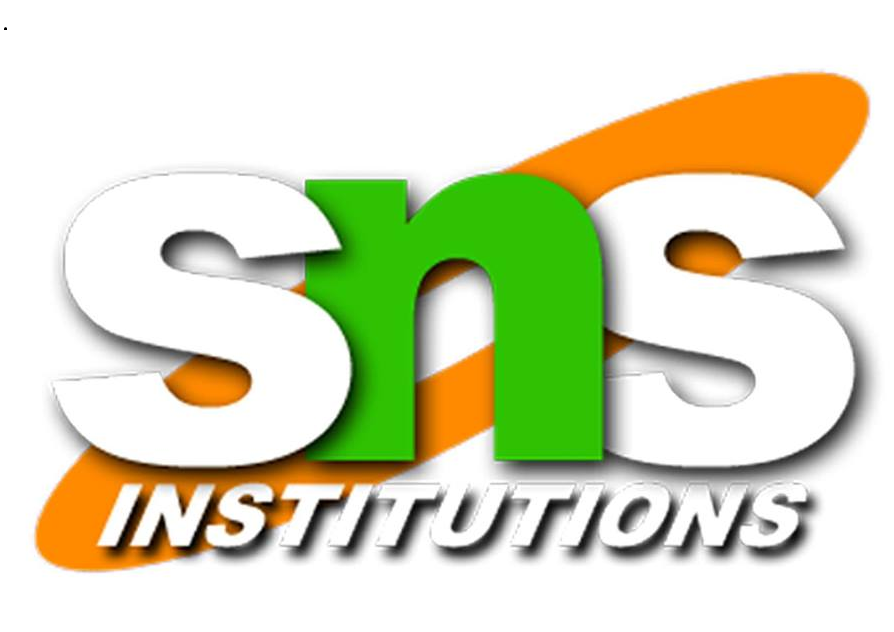
Meaning and Definition- measurement , assessment and evaluation-Role of Assessment in Learning-as learning , for learning , of learning- Formative and Summative assessment-Purpose of Assessment-Principles of Assessment Practices-principles related to selection of methods for assessment , collection of assessment information, judging and scoring of student performances , summarization and interpretation of results , reporting of assessment findings.
Student evaluation in transmission – reception (behaviourist) model of education – drawbacks- changing assessment practices – assessment in constructivist approach – continuous and comprehensive evaluation – projects, seminars, assignment, portfolios; Grading – Types of Assessment – practice based , evidence based, performance based, examination based – Practices of assessment - dialogue , feedback through marking, peer and self – assessment , formative use of summative tests.
Tools & techniques for classroom assessment- observation, self reporting, anecdotal records, check lists, rating scale, types of tests – Rubrics – meaning , importance – Assessment tools for affective domain- Attitude scales, motivation scales – interest inventory – Types of test items – principles for constructing test items.
Major issues – commercialization of assessment, poor test quality , domain dependency , measurement issues, system issues, - Reforms in assessment – open book and on line- examination reform reports.
Differential assessment – culturally responsive assessment – use of tests for learner appraisal – Achievement test – Diagnostic test construction scoring key – making scheme-question wise analysis – Quality of a good test – Ensuring fairness in assessment – Assessment for enhancing confidence in learning – relationship of assessment with self – confidence, self- esteem, motivation.
Reference Book:
Measurement and Motion - Dr. S. Agarwal
Text Book:
Assessment for learning - Dr. k. Nagarajan
